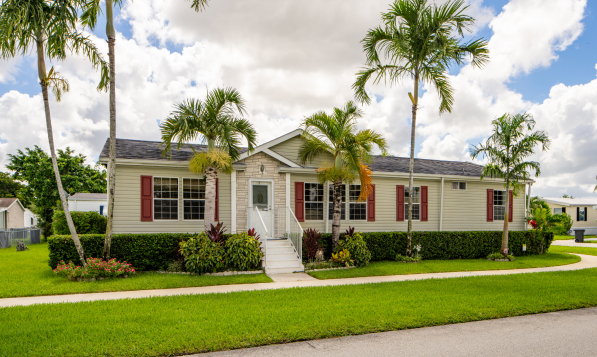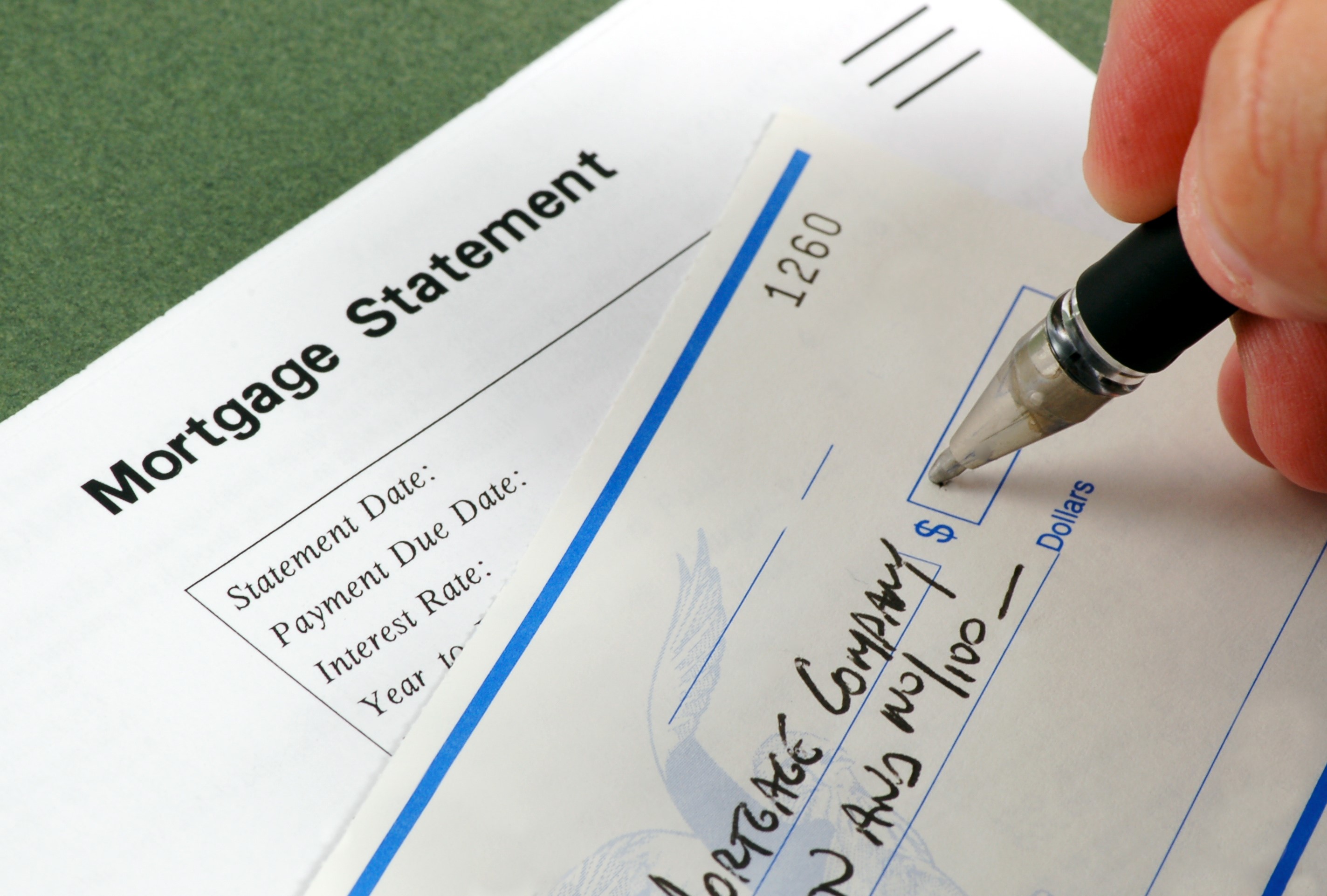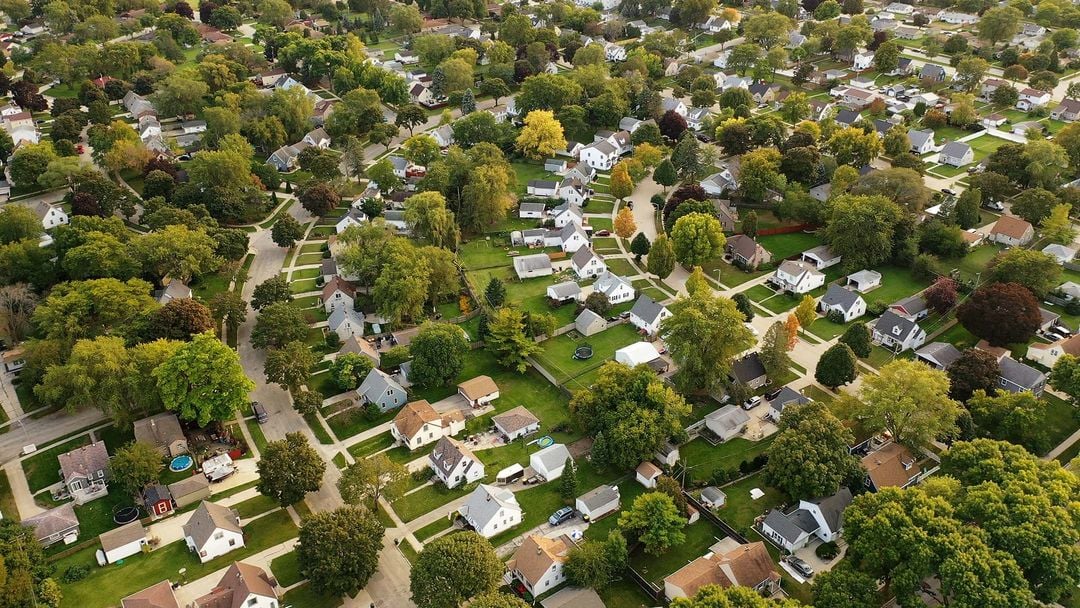Manufactured vs. Modular Homes
When it comes to residential construction, there is a wide range of housing options to suit different needs and preferences. Among these...

Mortgage closing costs are fees and expenses associated with the purchase or refinance of a home. The price of the property typically does not include these costs. These costs may include things like loan origination fees, appraisal fees, title insurance and recording taxes. The total cost of closing will vary depending on the type of loan, the lender, and the location of the property. Typically, you, as the borrower, will pay closing costs. Using a Zero Closing Cost lender, however, can cover all the costs for you.
The specific costs and who pays for them in a home purchase can vary depending on the terms of the sale and the agreement between the buyer and the seller. In most cases, the payment of closing costs falls on the buyer. In some cases, however, depending on the market, seller may agree to pay for some or all of a buyer’s mortgage closing costs. It’s important to review the purchase contract and ask the realtor or closing agent for a breakdown of the closing costs before signing the contract.
You could also avoid the negotiation yourself and instead use CapCenter’s mortgage and realty services. CapCenter’s Zero Closing Cost program can eliminate the closing costs on your home purchase, and the efficiency of using CapCenter for multiple services can help you get into the home quicker.
Generally, the one paying the closing costs will be the one borrowing the money. If you apply for a refinance, it will probably be you that pays closing costs. There are options, however, to get some or all your refinance closing costs covered.
Typical closing costs on a refinance include loan origination fees, appraisal fees, title search and recording fees, among others. The specific costs and who pays for them can vary depending on the lender and the terms of the loan. Some lenders may offer “no-closing-cost” refinance options, in which the lender pays the closing costs, but the loan terms, such as interest rate, may be higher to compensate. It’s important to ask the lender for a full breakdown of loan terms, including closing costs. You can then compare it to other similar offers and make sure you’re getting the best deal. Make sure to compare official loan estimates, rather than simple quotes from any lender.
In a typical home sale, the seller does not pay for the buyer’s closing costs. However, the specific terms of the sale and the agreement between the buyer and the seller can affect who pays closing costs.
Sometimes the seller may pay for certain closing costs as part of the purchase contract. This is a “concession” or “credit” towards closing costs. This could be for a percentage of the closing costs or a dollar amount. Concessions and credits become more common in a competitive buyer’s market. In these environments, sellers want to do more to attract buyers. In other cases, the buyer and the seller may split certain closing costs, such as the title insurance or recording fees. They would negotiate this as part of the purchase contract. This also becomes more common in a competitive buyer’s market.
Typically, you pay closing costs at the time you close on the loan. This is when the official step where the lender agrees to fund the loan and, on purchases, when property ownership is transferred. Typically, you’ll pay closing costs alongside the down payment and other up-front costs, like establishing an escrow account. Some lenders may ask you to pay certain costs before closing, but most are typically due on closing day.
It is usually on the borrower to pay any closing costs. In some cases, the seller may agree to pay some or all of the costs. However, if you use a true Zero Closing Cost lender, like CapCenter, you can avoid paying closing costs altogether.
This is probably the easiest way to avoid closing costs. We built our business to save you money on closing costs. How? We simply brought several third-party services in-house. Doing the work ourselves means we don’t have to outsource expensive closing costs. We don’t roll closing costs into other fees and we don’t adjust your rate to cover them. We simply waive or pay for them.
Outside of CapCenter, you can try to get a no closing cost loan by:
It’s important to consider all options and carefully review the loan terms before deciding. It’s also a good idea to speak with a financial advisor or mortgage professional to understand the pros and cons of each option and determine which one is best for your specific situation.
Closing costs cover the costs and fees of various loan processing services. Most of the time, the borrower pays closing costs, though there are some exceptions. Costs are not part of the purchase price and are paid alongside the down payment at the closing table.
Closing costs can be expensive and a big barrier to buying a home. At CapCenter, we aim to change that by eliminating the need for closing costs. Our model allows us to pay for or waive traditional closing costs while still offering competitive rates. Choosing CapCenter is choosing a more affordable mortgage.
With other lenders, you will typically pay standard processing and origination fees. In most cases, you can roll closing costs into the loan amount, so you don’t have to bring additional cash to closing. The problem with this option is that you then pay interest on your loan amount and the closing costs. When you’re choosing a lender, look to CapCenter for a true Zero Closing Cost mortgage product.

When it comes to residential construction, there is a wide range of housing options to suit different needs and preferences. Among these...

As a first-time home buyer, there can be so many new concepts, options, and terms flying around, it can sometimes feel a bit overwhelming. And...

As a first-time home buyer, there can be so many new concepts, options, and terms flying around, it can sometimes feel a bit overwhelming. And...

5 min read
Coming up with a down payment may be the biggest hurdle for first-time homebuyers. It can be difficult to understand exactly how much you need and...

2 min read
What is refinancing? Anyone paying monthly on a loan should be familiar with the opportunity to refinance, but what exactly does...

You’ve been in contact with your REALTOR® for what seems like forever. You have what you’ll need for a down payment just sitting in savings....